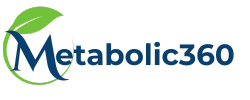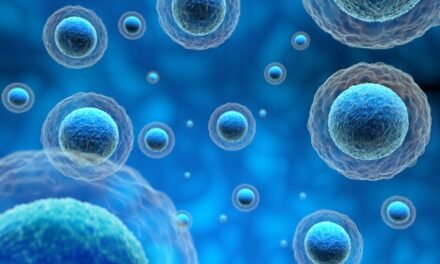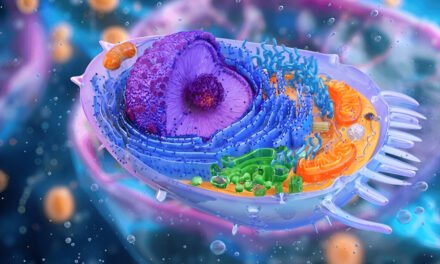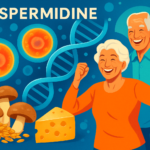Collagen: Benefits, Sources, and Uses
Introduction:
Collagen is a vital protein in the body, crucial for skin health, joint support, and bone strength. It plays a significant role in maintaining skin elasticity, hydration, and strength. As we age, collagen production naturally declines, leading to signs of ageing like wrinkles and sagging skin.Collagen is often hailed as the “fountain of youth” for its remarkable benefits for skin, hair, nails, and overall health. As a key protein in the body, collagen plays a crucial role in maintaining structural integrity, elasticity, and hydration.
What is Collagen?
Collagen is the most abundant protein in the human body, comprising a significant portion of skin, bones, muscles, tendons, and ligaments. It provides strength, structure, and support to various tissues and organs, ensuring their proper function.
Benefits of Collagen:
- Promotes Skin Health: Collagen helps maintain skin elasticity, hydration, and firmness, reducing the appearance of wrinkles and fine lines.
- Supports Joint Health: Collagen enhances joint flexibility, reduces inflammation, and supports cartilage regeneration, thereby alleviating joint pain and stiffness.
- Strengthens Hair and Nails: Collagen strengthens hair follicles, promotes hair growth, and improves nail health, preventing brittleness and breakage.
- Boosts Muscle Mass: Collagen supplementation can enhance muscle strength, support muscle repair, and aid in muscle recovery after exercise.
- Supports Gut Health: Collagen helps repair the intestinal lining, promotes digestive health, and reduces symptoms of conditions like leaky gut syndrome and irritable bowel syndrome (IBS).
Natural Sources of Collagen:
- Bone Broth: Rich in collagen, bone broth is made by simmering animal bones and connective tissues, extracting valuable nutrients including collagen, amino acids, and minerals.
- Fish: Fish collagen, derived from fish skin and scales, is a highly bioavailable source of collagen peptides, offering benefits for skin, joint, and bone health.
- Chicken: Collagen can also be obtained from poultry and red meat, particularly from connective tissues like skin, tendons, and cartilage.
- Eggs: Egg whites contain collagen-building amino acids like proline and glycine, supporting collagen synthesis in the body.
- Plant-Based Sources: While plant-based foods don’t contain collagen directly, consuming foods rich in vitamin C, zinc, and copper can support collagen production and maintenance.
Practical Uses of Collagen:
- Supplements: Collagen supplements, available in various forms such as powders, capsules, and liquids, offer a convenient way to boost collagen intake and support overall health.
- Skincare Products: Collagen-infused skincare products, including creams, serums, and masks, can help rejuvenate the skin, improve elasticity, and reduce signs of aging.
- Nutrient-Rich Diet: Incorporating collagen-rich foods like bone broth, lean meats, fish, eggs, and collagen-boosting nutrients into your diet can promote optimal collagen production and health.
- Fitness and Recovery: Athletes and fitness enthusiasts can benefit from collagen supplementation to support muscle repair, recovery, and joint health, enhancing performance and reducing the risk of injuries.
Vitamin C is essential for collagen synthesis, found in citrus fruits, peppers, and berries. Collagen supplements, particularly hydrolyzed collagen, have shown benefits in improving skin hydration, elasticity, and reducing wrinkles.
Collagen is also used in medical treatments for wounds and burns, and in cosmetic products for skin health. Lifestyle factors like smoking, excessive alcohol intake, and sun exposure can accelerate collagen loss, emphasising the importance of a collagen-supportive diet and healthy habits.
Here are functions of each type of collagen :
- Type I Collagen: Type I collagen is the most abundant type of collagen in the body, making up about 80% of the collagen found in the body. It is primarily found in skin, tendons, ligaments, bone, and other connective tissues. Type I collagen provides structure, support, and strength to these tissues, helping to protect and repair them when damaged. It is also present in the cornea of the eye and in the walls of certain organs like the uterus.
- Type II Collagen: Type II collagen is found in cartilage, which cushions and protects joints. It also contributes to the cornea of the eye and certain organ walls. Type II collagen provides elasticity and flexibility to tissues, aiding in repair and maintenance. It consists of long chains of amino acids forming a network of fibres that give cartilage strength and flexibility, essential for withstanding mechanical stress and absorbing shocks.
- Type III Collagen: Type III collagen is the second most abundant type of collagen and is found in skin, blood vessels, and other connective tissues. It plays a crucial role in maintaining the structure of muscles, organs, and arteries in the body. Type III collagen provides structural support and stability to tissues, contributing to repair and maintenance, particularly in reticular fibres like those found in bone.
These types of collagen have distinct functions in the body, crucial for maintaining the structural integrity, strength, and repair of various tissues and organs.
Conclusion:
Collagen is a powerhouse protein with an array of benefits for skin, joint, hair, and overall health. By understanding its importance, incorporating collagen-rich foods into your diet, and considering supplementation when necessary, you can harness the transformative power of collagen to look and feel your best from the inside out.










